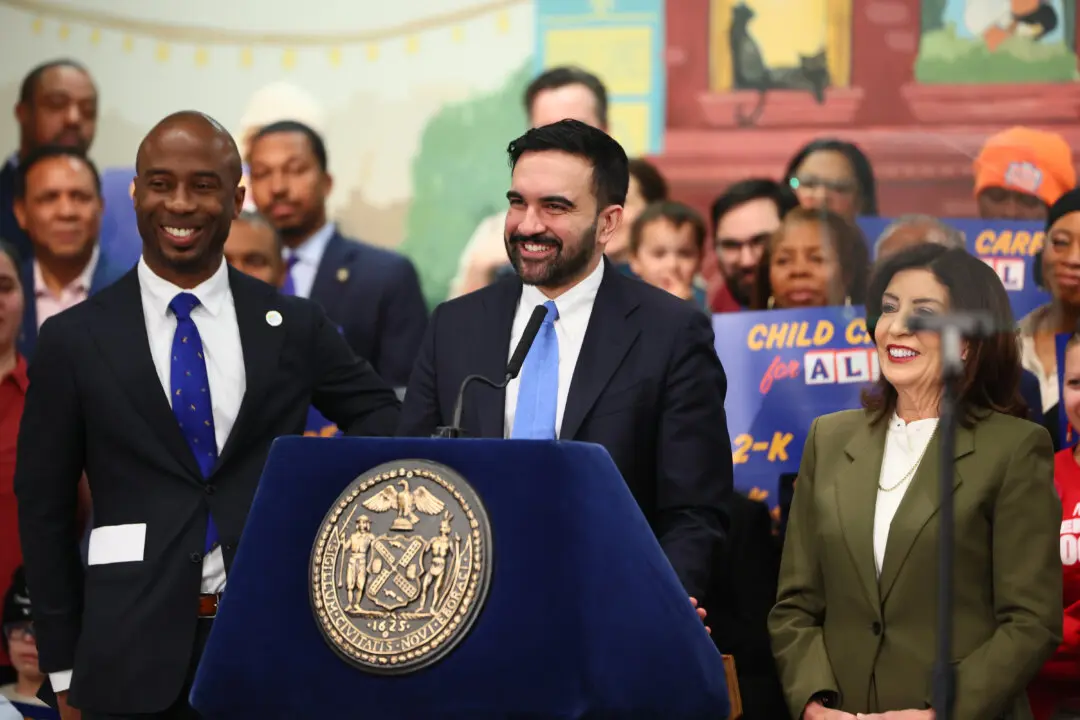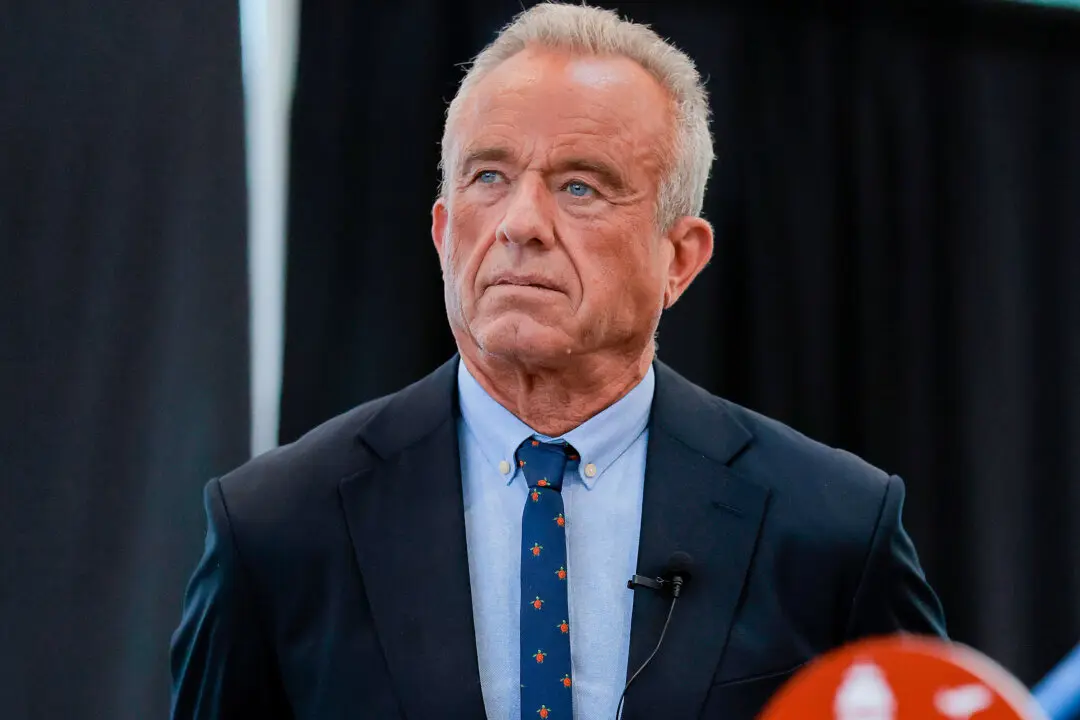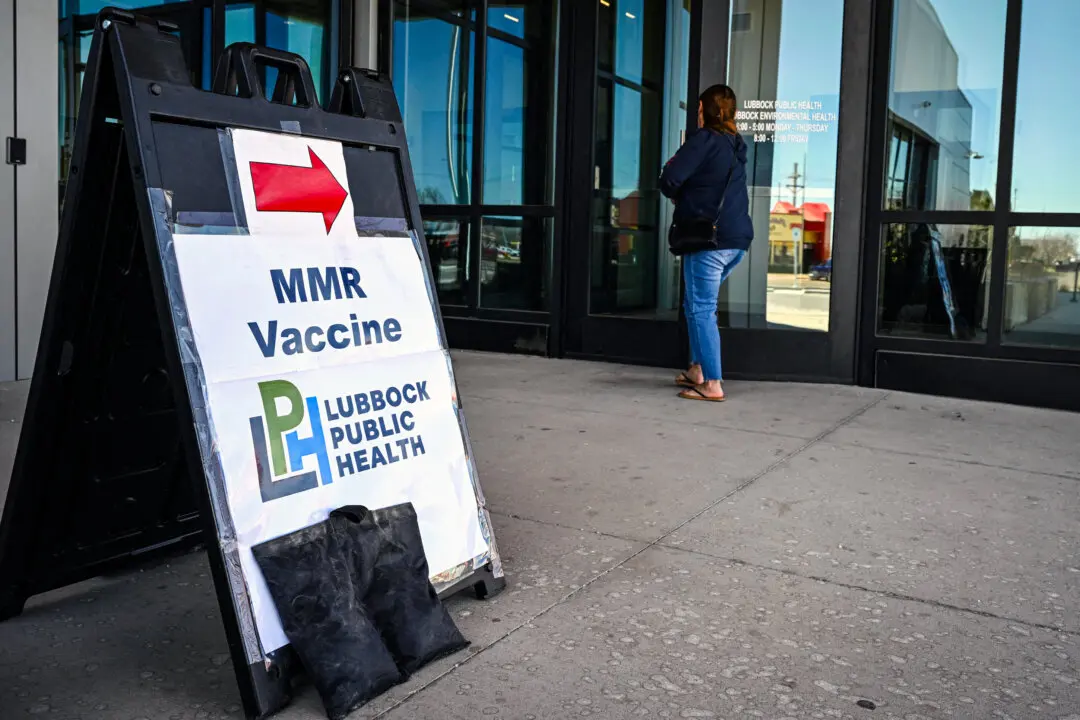Most antibody tests circulating among the public aren’t validated, Dr. Anthony Fauci said, while also saying it hasn’t been proven that people who are infected with the CCP virus and recover are then immune from the illness.
Antibody tests are being pushed as part of a package of measures necessary for reopening America. They measure proteins in the body that respond to the CCP (Chinese Communist Party) virus, a novel coronavirus that emerged from mainland China last year and causes the COVID-19 disease.





